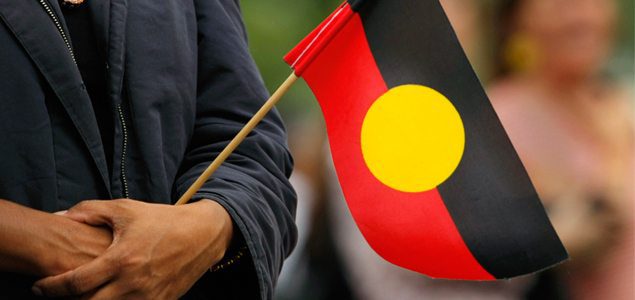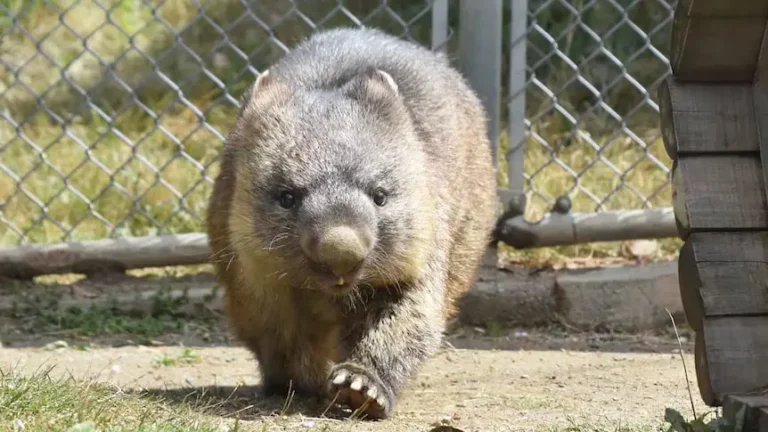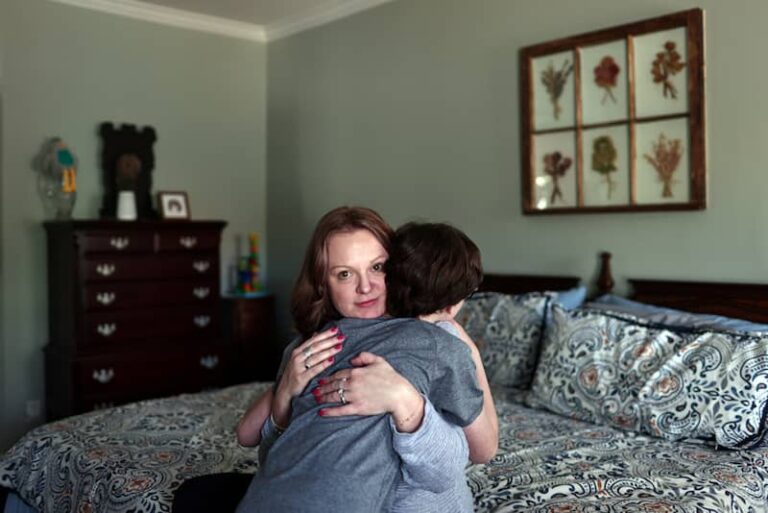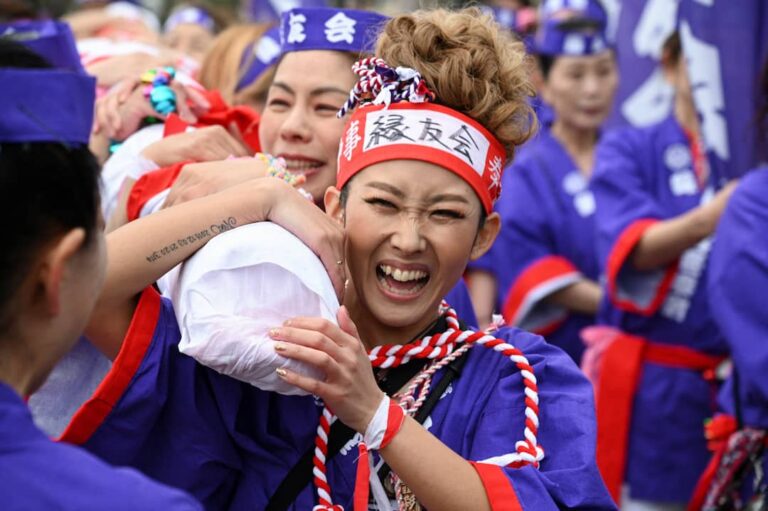‘Let’s talk recognition’ is the theme of this week’s National Reconciliation Week.
It’s a timely message, given a recent proposal to change to the country’s Constitution, one that indigenous leaders hope will formally recognise Aboriginal and Torres Strait Islander people.
Yesterday’s National Sorry Day was a continued reminder for all Australians that the healing process for indigenous Australians is ongoing and is still a very real part of “the unfinished business of reconciliation”.
“On National Sorry Day we acknowledge that distressing things happened in the past and understand that members of the Stolen Generations still feel the effects today including ongoing continuing pain and sorrow,” Reconciliation Australia Chief Executive Leah Armstrong said.
“But it’s also a day to admire the amazing resilience of those who suffered over the years. To quote that great Aboriginal Australian, Charlie Perkins, “We cannot live in the past, but the past is always with us… and so it should be”.
While the government’s formal apology three years ago struck an emotional chord with many Australians, giving way to renewed momentum for the reconciliation process, organisers of this week’s events feel an acknowledgment of the First Peoples’ in the nation’s founding document could serve as a further catalyst for change.
“Despite many years of progress in the understanding and respect between Aboriginal and Torres Strait Islander peoples and other Australians, our founding document, the Constitution, does not recognise the unique contribution of the First Australians to our nation,” the National Reconciliation Week group argue.
Two years ago, Australian Prime Minister Julia Gillard set the wheels in motion for an expert panel to lead the national conversation about constitutional recognition of our indigenous peoples.
The proposal is one we are expected to hear more about in the coming 18 months and one that indigenous leaders believe deserves reasoned and honest consideration, whatever our point of view.
The Australian Constitution has not been changed for more than three decades. While a notoriously difficult task, with only eight out of 44 total referendums successful, momentum is growing for a referendum in the near future.
To be successful, the proposed amendments will not only need a majority of ‘yes’ votes in total but also a ‘yes’ vote to be reflected in the majority of voters across a majority of states.
For more information about national Reconciliation Week and events across the country, visit: www.reconciliation.org.au







